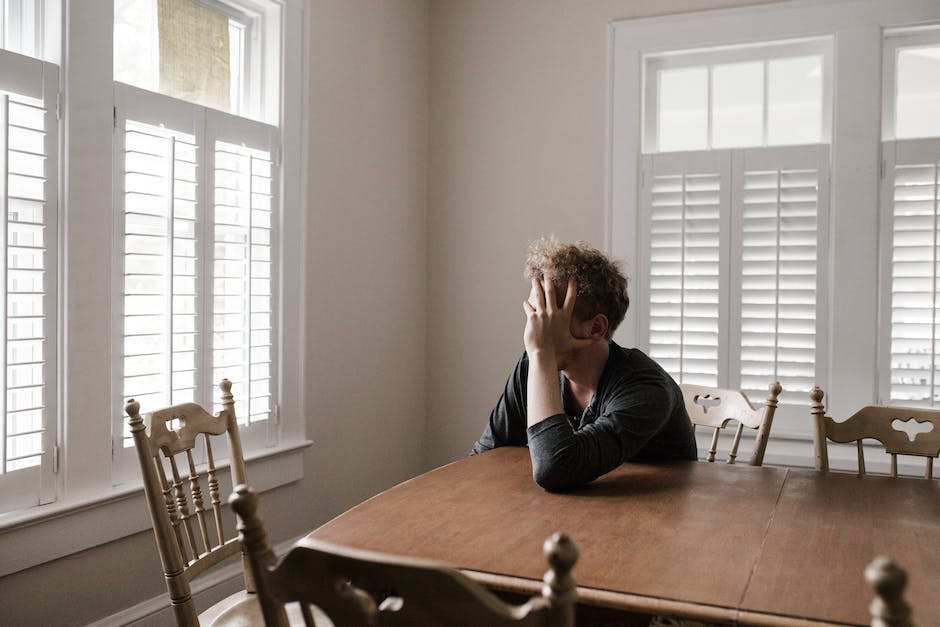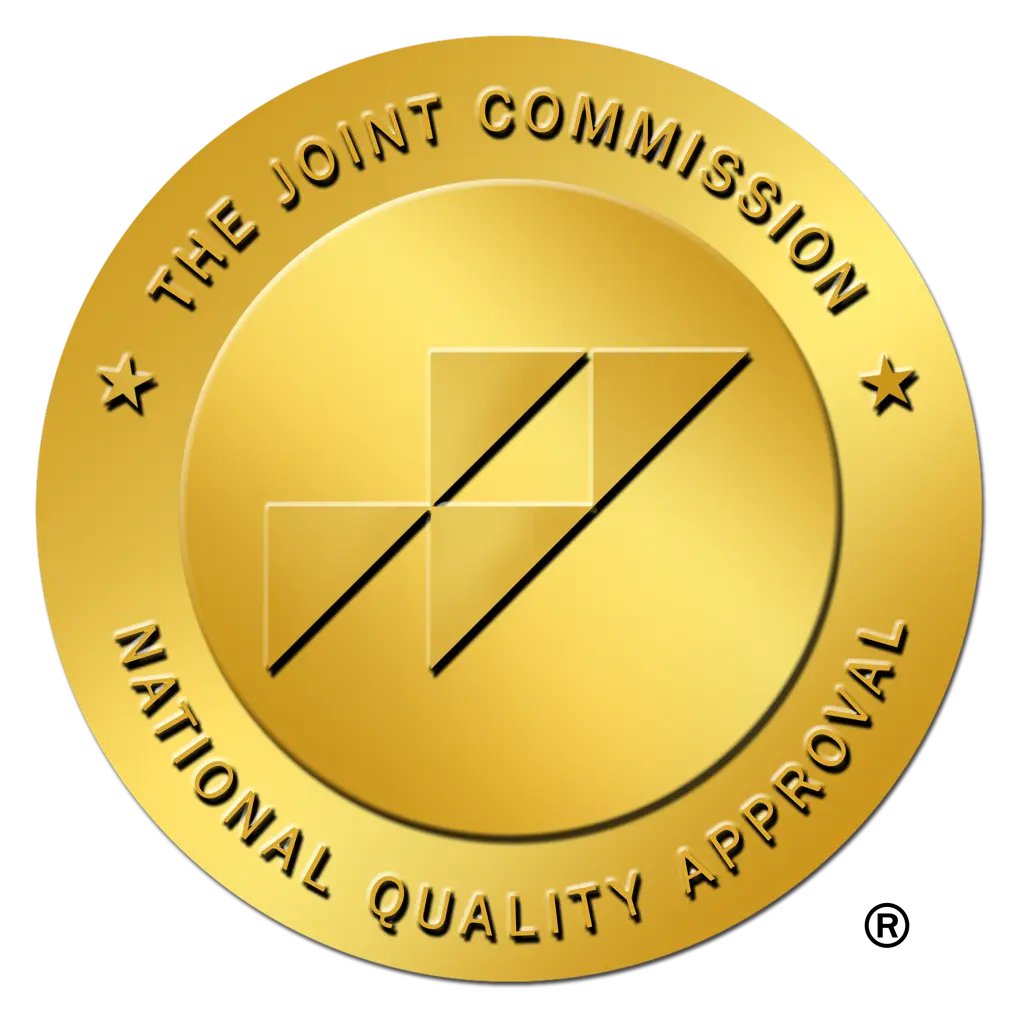Any ordinary human can experience anxiety at some point in their life. Anxiety is a human emotion resulting from stress that alerts individuals of incoming danger. People often feel anxiety when something significant may be occurring in the future.
For example, you may feel anxious before taking a test, before a job interview, or before a first date. Ultimately, overthinking the future can lead to feeling anxiety. Anxiety doesn’t predict danger; it creates an illusion of danger or the worse possible outcome.
Feeling anxious is normal. However, when feelings of anxiety are dictating your life, it becomes a problem. While anxiety can be common, some people struggle with anxiety disorders that need medical attention.
When Does Anxiety Become a Medical Problem?
If you find yourself unable to manage your anxiety despite it affecting your life, you may require medical attention. According to the National Institute of Mental Health (NIMH), “The symptoms can interfere with daily activities such as job performance, schoolwork, and relationships.”
Common symptoms of anxiety include:
- Panic, fear, and uneasiness
- Feelings of panic, doom, or danger
- Sleep problems
- Not being able to stay calm and still
- Cold, sweaty, numb, or tingling hands or feet
- Shortness of breath
- Breathing faster and more quickly than normal (hyperventilation)
- Heart palpitations
- Dry mouth
- Nausea
- Tense muscles
- Dizziness
- Overthinking without control (rumination)
- Inability to concentrate
- Intensely or obsessively avoiding feared objects or places
Diagnosing Anxiety Disorders
If you continuously feel the symptoms of anxiety, seeking care is essential. A doctor can examine you and ask questions about your medical history. Once you are evaluated and tested for any physical health conditions, they can send you to a mental health specialist.
A mental health specialist will use their training to evaluate your situation to determine if you have an anxiety disorder. When diagnosing you, doctors will need to know the intensity and severity of your anxiety based on the duration of symptoms and how it’s affecting your life.
Common Anxiety Disorders
There are multiple anxiety disorders you can be diagnosed with. A diagnosis will be based on the specific symptoms you experience in daily life.
Generalized Anxiety Disorder
Generalized anxiety disorder (GAD) involves a constant feeling of anxiety or dread. It is different from occasional stress related to life events because it interferes with your daily life for an extended period.
Panic Disorder
A panic disorder causes frequent and unexpected panic attacks. During a panic attack, there are sudden periods of intense fear and discomfort. Panic attacks involve losing control when there is no present danger or trigger.
Panic attacks often leave people worrying about the next time they may have a panic attack. This causes added stress and causes people to avoid situations or places that may trigger a panic attack. Panic attacks can occur several times a day or as rarely as a few times a year.
Social Anxiety Disorder
A social anxiety disorder is an intense fear of being watched or judged by others. People who struggle with social anxiety disorders experience the fear of social interactions so intensely it is beyond their control. This can affect people’s ability to go to school, work, or do other everyday things that require social interactions.
Separation Anxiety Disorder
Separation anxiety disorders are commonly associated with children. However, adults can also experience separation anxiety disorder. People with separation anxiety fear separation from those they are attached to because they fear something will happen to the other party while apart.
Tips to Manage Anxiety Symptoms
The following tips can help alleviate anxiety symptoms:
- Learn about your disorder: Being well informed about your disorder can help you be better prepared to manage your symptoms.
- Stick to your treatment plan: Follow the professional advice and treatment guidelines given by your health provider. Stopping medication treatment without a doctor’s approval can cause side effects and trigger anxiety symptoms.
- Cut down on caffeine: Caffeine is known to be a mood-altering drug that can worsen anxiety disorders.
- Avoid recreational drugs and alcohol: These substances are known to increase your risk of anxiety disorders.
- Keep a journal: Writing down how you feel and getting your thoughts on paper can help you relax and minimize anxiety.
- Seek support: Connecting with other individuals with similar struggles can help uplift and give you the support you need.
Anxiety Disorder Treatment
A mental health provider can help you choose the best treatment for an anxiety disorder. Your treatment plan can include medication, psychotherapy, or a combination of both.
Psychotherapy
Cognitive-behavioral therapy (CBT) is a type of psychiatric treatment that can help with anxiety disorders by teaching people different ways of thinking, behaving, and reacting to situations to help people feel less anxious. Another treatment method is exposure therapy, which focuses on confronting the underlying feelings associated with an anxiety disorder to help people participate in activities they usually avoid.
Medication
Medication can help alleviate the symptoms associated with anxiety disorders. The most common medications used to treat anxiety include anti-depressants, anti-anxiety medications, and beta-blockers. A mental health professional can help you determine which medications may be best for you.
Anxiety is a common human emotion that results from stressful situations. People often feel anxiety regarding future outcomes and major live events. While anxiety is a normal emotion, some people struggle with anxiety disorders that disorient and infiltrate their life until they have no control. Extreme anxiety disorders can cause people to avoid school, work, and other important life aspects. If you are struggling with anxiety, Alter San Diego Crisis Intervention can help. Our crisis intervention services can help you identify the problems you are struggling with and stabilize you. We ensure safety, provide support, and help you make a plan for further mental health treatment. Our combination of medication management and evidence-based therapies can help you get on the track toward healing. For more information on our services, call Alter San Diego Crisis Intervention at (866) 986-1481.

